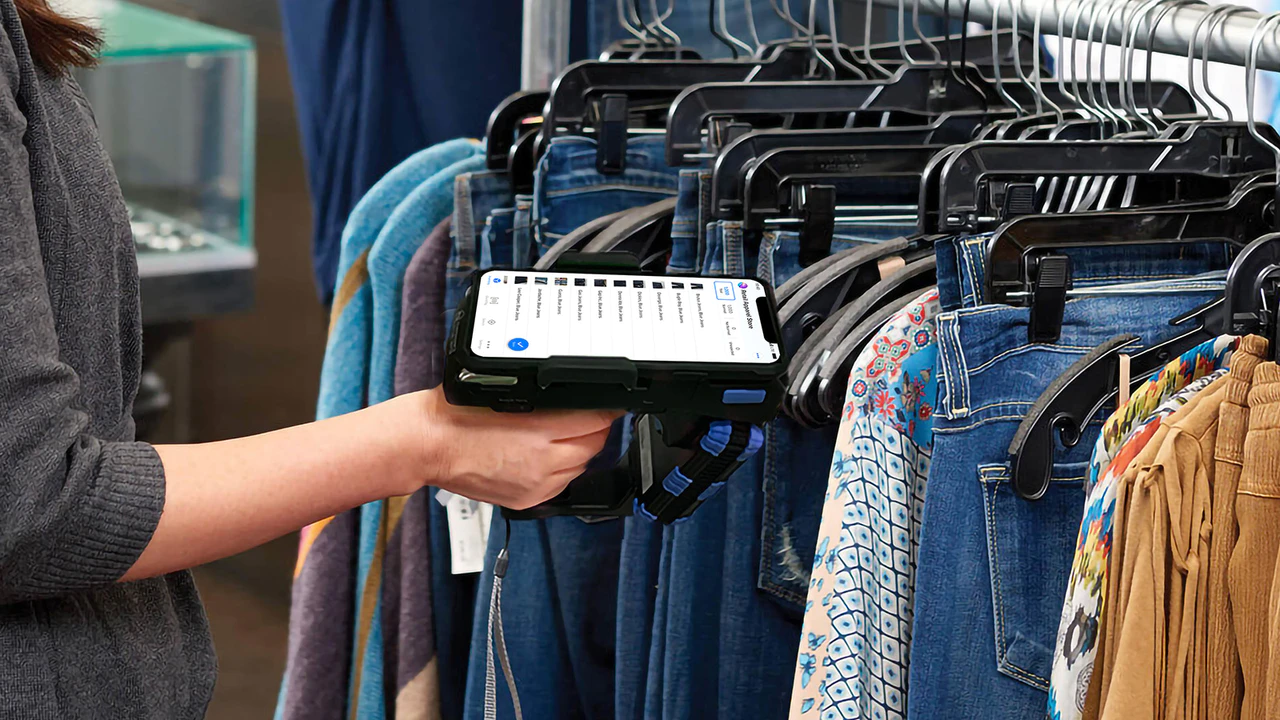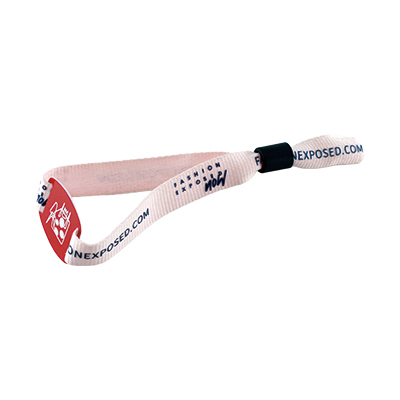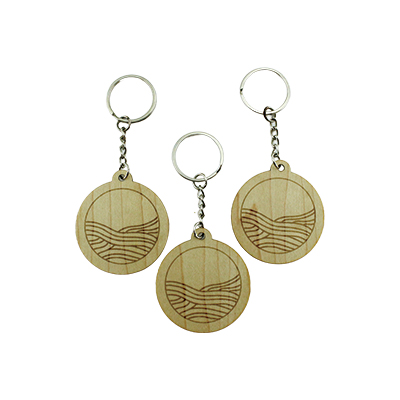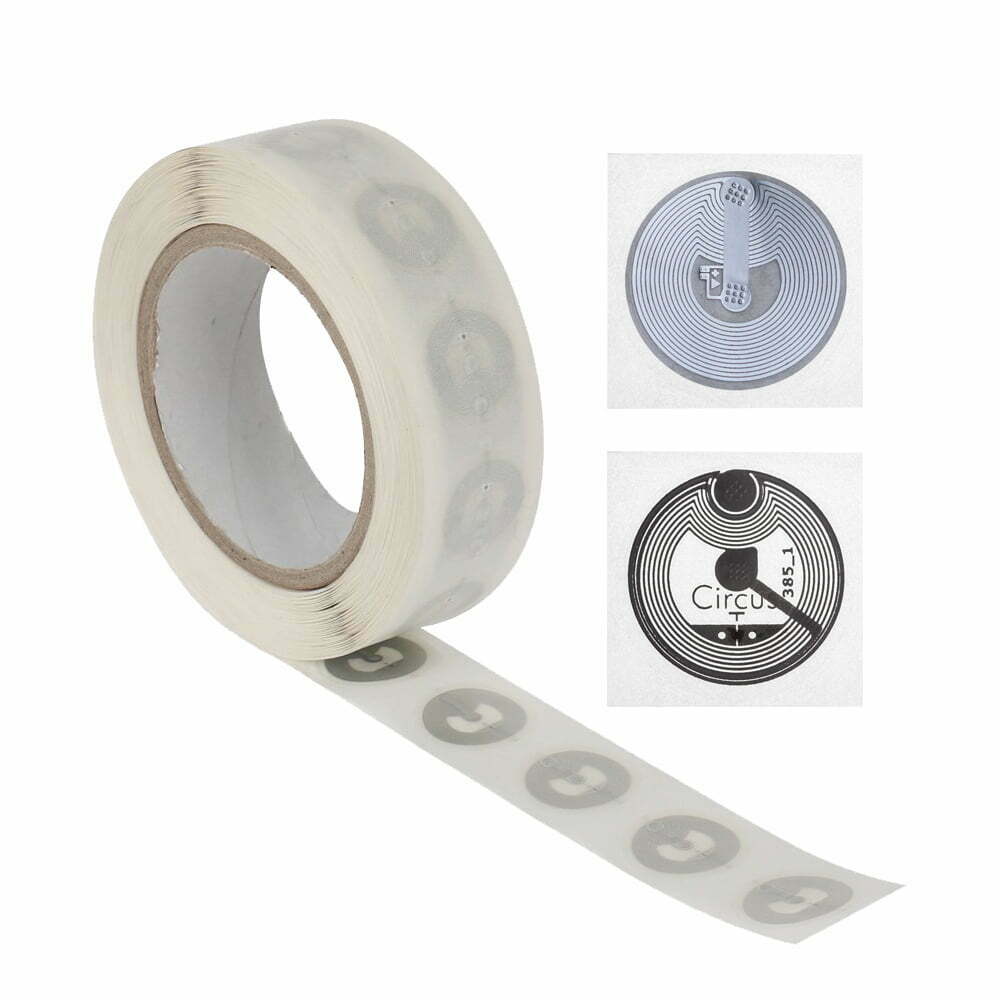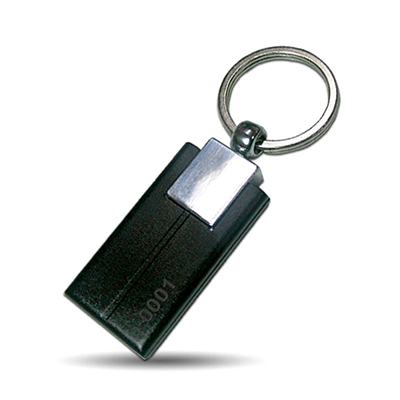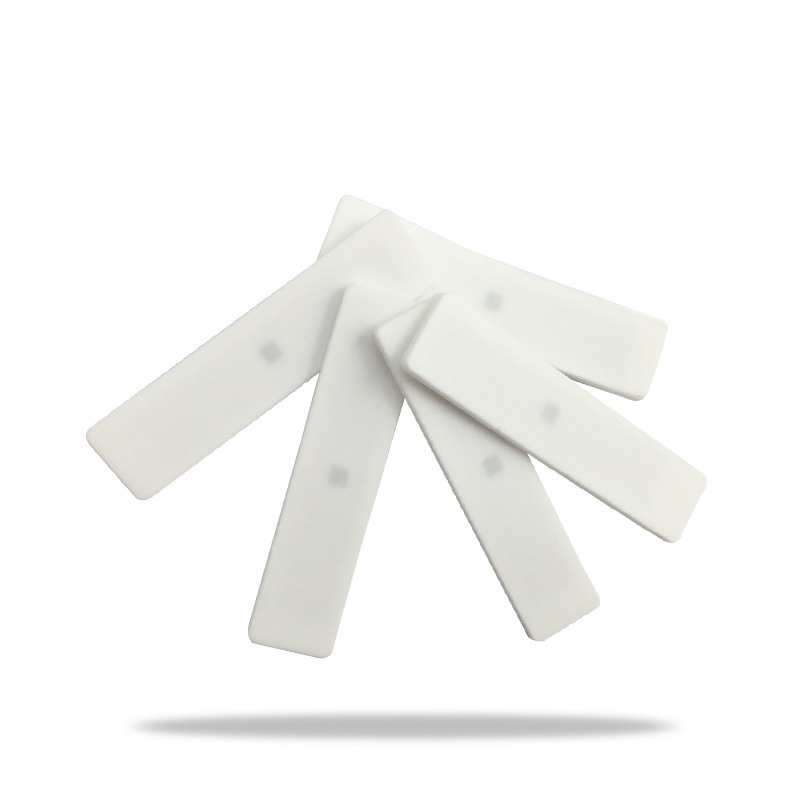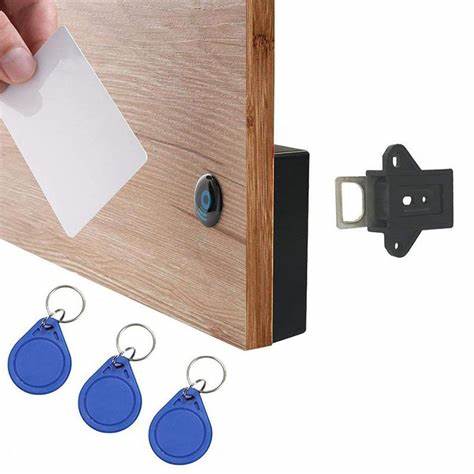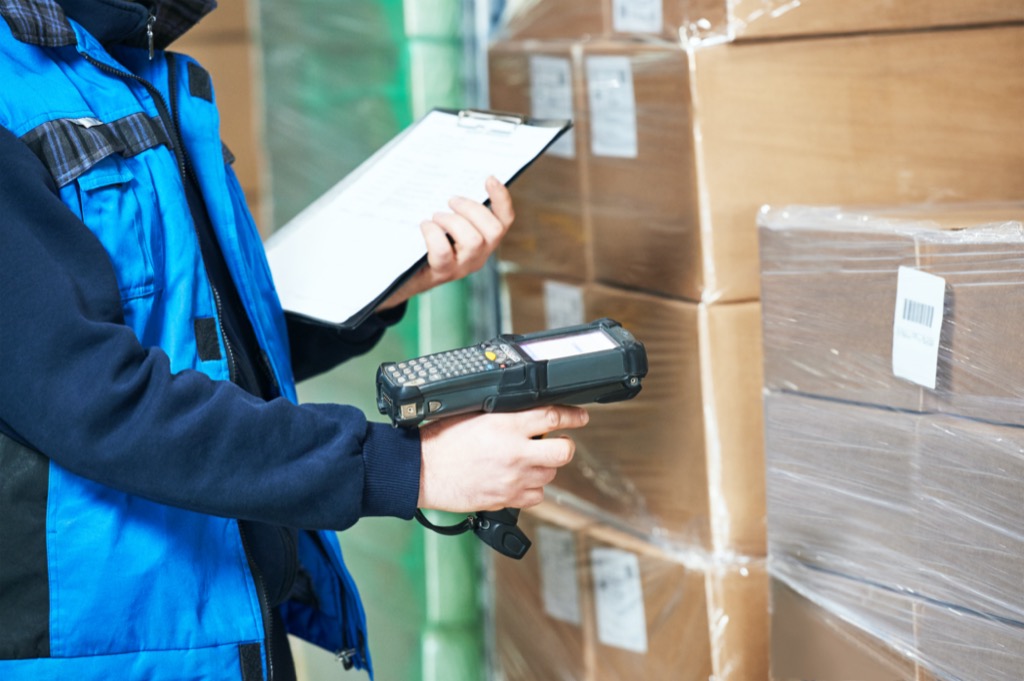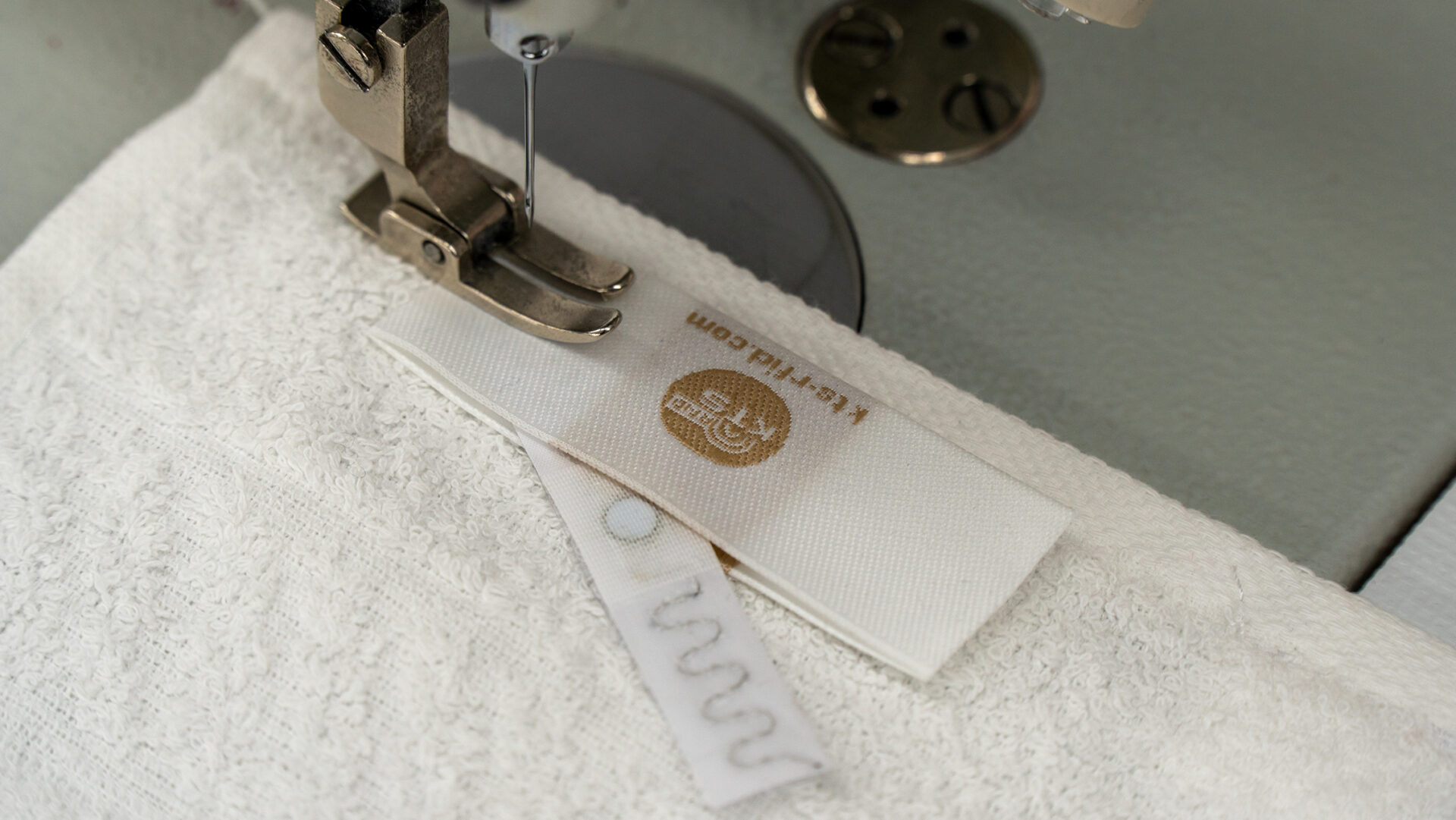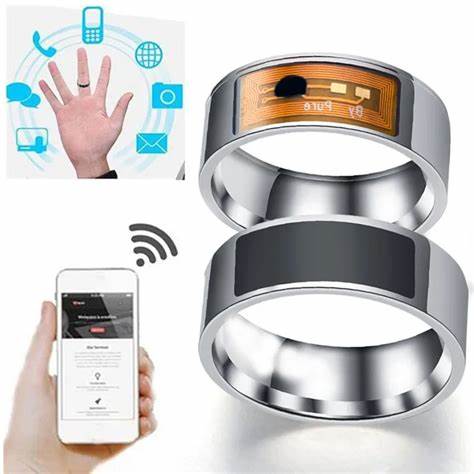In the uniform and textile rental business in industries such as hotels, healthcare, and catering, managing a large volume of moving clothing has always been a challenge. The traditional manual counting method is not only inefficient but also prone to inventory errors, high loss rates, and increased costs. RFID (Radio Frequency Identification) technology, through intelligent tags and automated data collection, provides rental enterprises with a more accurate and efficient textile management solution.
How do RFID textile tags enhance the management efficiency in the rental industry?
Automated inventory management, eliminating the need for manual counting
In the clothing rental business, textile items (such as bed sheets, towels, uniforms, etc.) need to be frequently transferred. The traditional manual recording method is prone to errors. The advantage of RFID technology lies in:
- Batch rapid scanning: RFID readers can read dozens or even hundreds of clothing labels within a few seconds, significantly improving the inventory efficiency.
- Real-time data synchronization: Inventory information is automatically updated to the management system, reducing human errors.
- Precise tracking of each piece of clothing: Recording rental, return, cleaning frequency and other data ensures full traceability throughout the process.
Application case: After a large hotel group adopted RFID textile tags, the inventory checking time was shortened by 80%, and the loss rate was reduced by 50%.
Reduce clothing wastage and lower operational costs
One of the biggest costs in the rental industry lies in the loss, damage, and excessive purchase of clothing. RFID technology can help enterprises:
- Prevent loss: With access-type RFID detection equipment, unregistered clothing cannot be taken out of the designated area.
- Optimize purchasing decisions: The system automatically analyzes the usage frequency and lifespan of clothing to avoid excessive purchasing or premature scrapping.
- Extend the lifespan of textile: Record the number of washes to ensure scientific maintenance and reduce damage caused by improper handling.
Application case: A hospital uniform rental company that used RFID tags saw a 30% reduction in annual purchasing costs and an 20% increase in the average lifespan of clothing.
Enhance the leasing service experience and strengthen customer trust
In B2B leasing business, customers (such as hotels, restaurants, and hospitals) have strict requirements for the convenience and hygiene safety of textile management. RFID technology can provide:
- Quick collection and return management: Employees can complete the collection and return of clothes quickly through RFID terminals, reducing waiting time.
- Compliance with hygiene standards: Record the cleaning and disinfection data of each uniform to ensure compliance with industry hygiene standards.
- Transparency in services: Customers can view the status of leased clothing in real time through the system, enhancing trust.
Application case: A restaurant chain brand that adopted RFID uniform management saw an increase in employee satisfaction and a 40% decrease in complaint rate.
RFID textile tags in typical application scenarios in the rental industry
Hotel textile rental management
- Intelligent tracking of bed sheets and towels: Prevent guests from mistakenly taking items and reduce losses.
- Automatic turnover rate statistics: Optimize textile distribution and recycling frequency, and reduce logistics costs.
Medical industry uniform rental
- Precise management of surgical gowns and nurse uniforms: Ensure each uniform is strictly disinfected and replaced regularly.
- Prevention of cross-infection: Through RFID records of cleaning times, ensure medical safety.
Catering staff uniform rental
- Efficient distribution and recycling: Reduce manual registration time and improve operational efficiency.
- Hygiene monitoring: Ensure uniforms are cleaned regularly and comply with food safety standards.
How to deploy the RFID textile tag system?
When enterprises implement RFID textile management, they need to consider the following key factors:
- Tag selection: Flexible anti-washing tags are suitable for uniforms, and high-temperature resistant tags are suitable for industrial cleaning environments.
- Configuration of reading and writing devices: Select fixed-type (warehouse access control) or handheld-type (mobile inventory) RFID readers according to the scenario.
- System integration: Connect with existing ERP or rental management software to achieve seamless data synchronization.
Contact us to obtain RFID textile tag solutions, and make your rental management smarter and more efficient!

